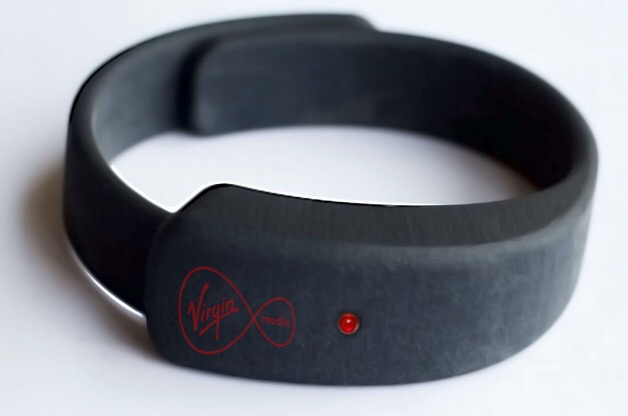Okay, yesterday I got up to work at 5am; around 6pm I had to sleep. At about 7:15pm I was back up, the went to bed at 11pm, got up this morning at 4:45am, contributed to the MacNN podcast that’s recorded at that time of the morning, then back to bed at 7:10am until 8am.
This is typical and this is a bit stupid. But during the podcast, my colleagues Charles Martin and Michelle Hermark both happened to recommend an iPhone app that helps with sleep. They rate Sleep Cycle Alarm Clock and Power Nap – actually two apps that I bought before they’d finished speaking.
I’ve tried the Power Nap one twice now, starting with that 07:10 nap. You leave the phone on the bed near you and it does some monitoring, I’m not sure how much, and around 45 minutes later it wakes you up quite softly. Each time it’s a curious surprise to find myself awake and each time I’ve benefited from it.
Whereas when I’ve given in and napped before, I’ve struggled because it’s hard to wake up promptly or anywhere approaching an actual nap time. It’s been more a couple of hours or so. Which is a problem and contributes to how napping makes me feel like an old man.
If I can do this 45 minute lark, that will help me and I hope I can get beyond feeling ancient. Go take a look at the app for yourself, will you?
